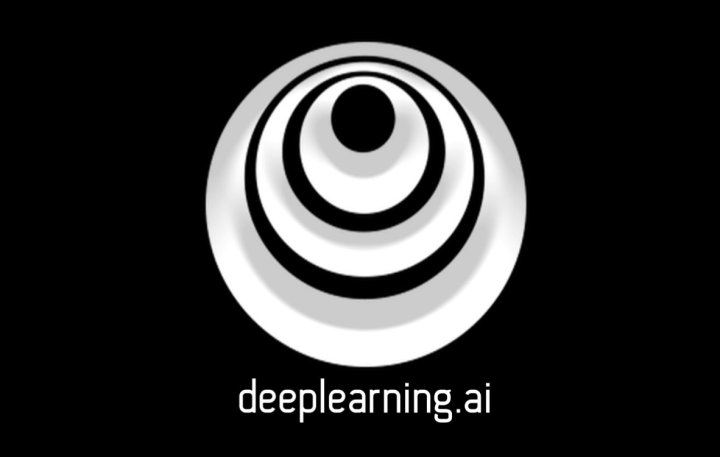
Launching my new project! Hope will help many of you: deeplearning.ai More announcements soon. #deeplearniNgAI pic.twitter.com/EsZecJfbrf
— Andrew Ng (@AndrewYNg) June 23, 2017
While Ng has founded and led many of his own projects in the past, he was most recently attached to another behemoth of a company — Chinese web giant Baidu. There, Ng was chief scientist and headed the company’s (what else) Artificial Intelligence Group, turning the Beijing-based giant into one of only a handful of companies in the world with expertise in each of the major AI categories: speech, natural language processing, computer vision, machine learning, and knowledge graph. Ng’s team was also responsible for bringing two new business groups into the company — autonomous driving and the DuerOS Conversational Computing platform.
Three months ago, Ng announced his departure from the company, noting in a Medium post, “Baidu’s AI is incredibly strong, and the team is stacked up and down with talent; I am confident AI at Baidu will continue to flourish. After Baidu, I am excited to continue working toward the AI transformation of our society and the use of AI to make life better for everyone.”
At the time, he told Forbes that his future plans were still in flux: “I am looking into quite a few ideas in parallel, and exploring new AI businesses that I can build. One thing that excites me is finding ways to support the global AI community so that people everywhere can access the knowledge and tools that they need to make AI transformations.”
And that may just be what deeplearning.ai is all about. In his Twitter announcement, Ng said only that he hoped the company would help “many of you,” and promised more announcements soon. Until then, we’ll wait with bated breath.
Editors' Recommendations
- This AI algorithm could save lives in quake zones
- Are we about to see ‘the iPhone of artificial intelligence’?
- AI drone beats pro drone racers at their own game
- AI turned Breaking Bad into an anime — and it’s terrifying
- Why AI will never rule the world


